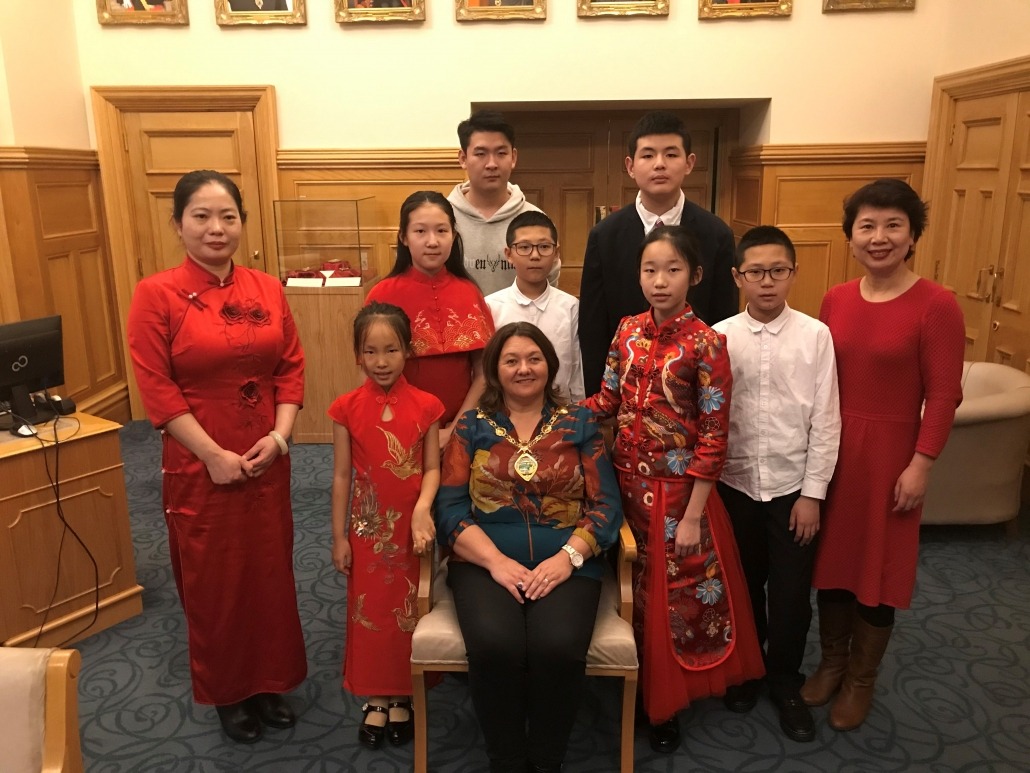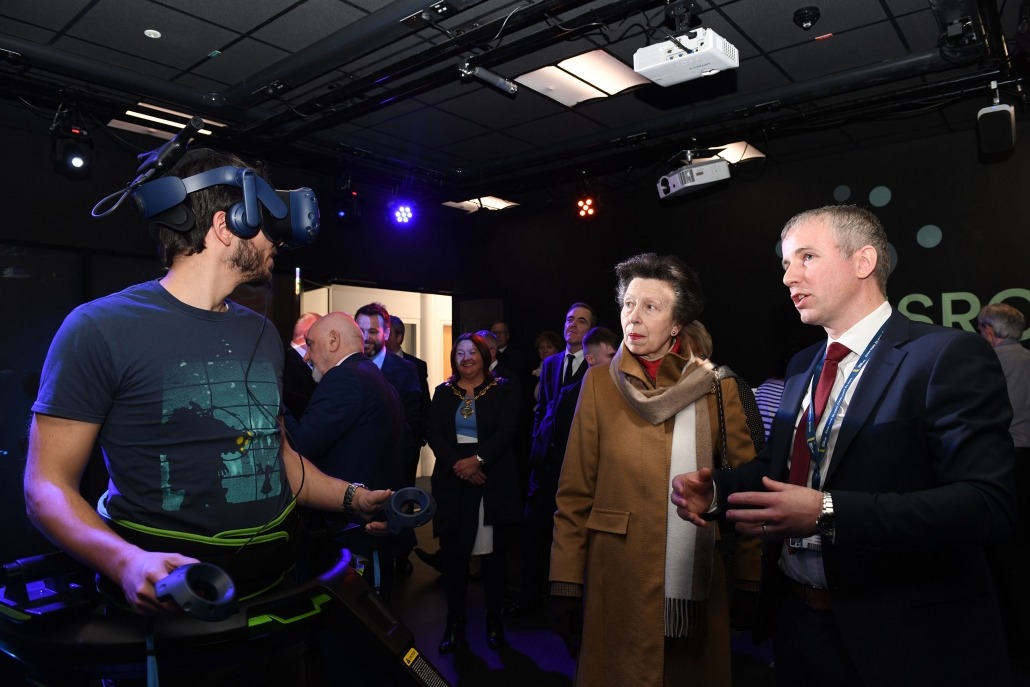InterTradeIreland’s Fusion programme has awarded “Exemplar” status to five businesses across the island, two of which are Northern Ireland based.
The Fusion initiative supports business development by collaborating companies with a research institution and a graduate project manager, funded by InterTradeIreland.
The graduate then works directly with the business to deliver new products or improved processes over 12 to 18 months.
Operations manager Alan Morrow said: “All of these Fusion projects were in very different areas. However, all of the companies involved were open to new products and processes. This is what the Fusion programme is about – giving firms the tools to boost their business through innovative collaboration.”
The five businesses have reported sales of more than £2.2m between them and savings of over £150,000 during their Fusion projects.
They have combined anticipated sales upwards of £14m and savings of £400,000 over the next three years.
Belfast medtech Axial3D makes custom 3D printed replicas from medical scans, to improve outcomes for patients through better surgical planning.
The company started its Fusion project to improve its capability of printing paediatric cardiac anatomy in 3D. It paired with Professor Kathleen Curran in University College Dublin and graduate James Fitzpatrick.
It has now developed new technology, entered a new market its staff has grown from 14 employees to 24. The company was also recently named ‘Health Technology leader’ in the 2020 Global Digital Health 100 list.
Hawthorn Heights in Eglinton, Derry/Londonderry specialises in the design and installation of play parks, sports pitches and landscaping.
It worked with Sligo Institute of Technology and graduate Ciaran Farren. The company said it has since doubled its turnover and has had to move to bigger premises.
Margaret Hearty, Director of Operations at InterTradeIreland concluded: “All of these companies have showcased the success and commercial benefits that come from collaboration. The results speak for themselves and we would encourage other SMEs who want to build innovation into their business to apply for our Fusion programme.”


